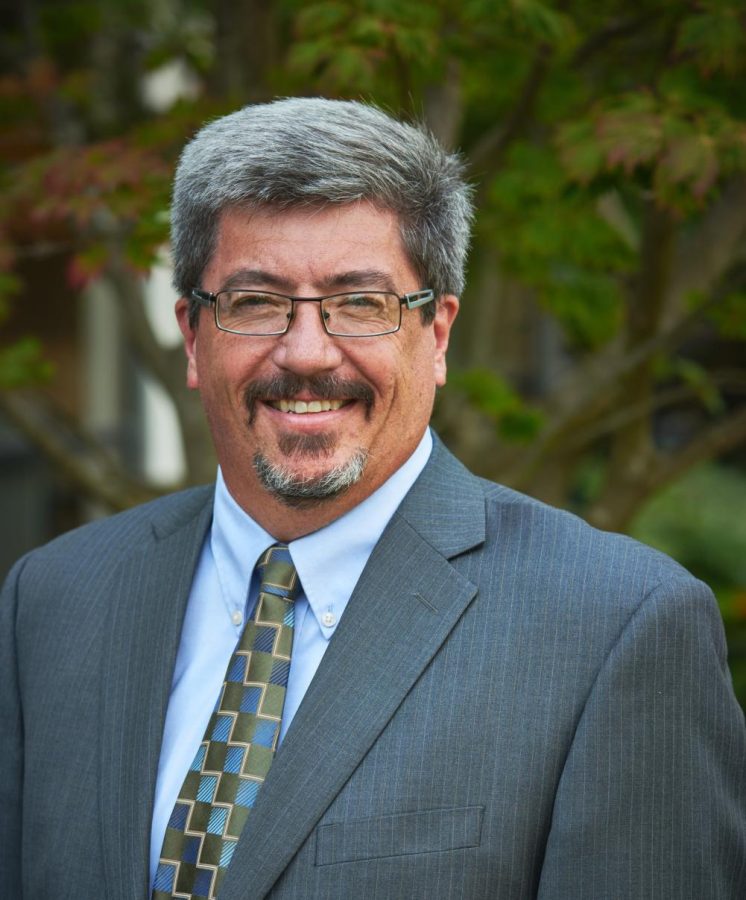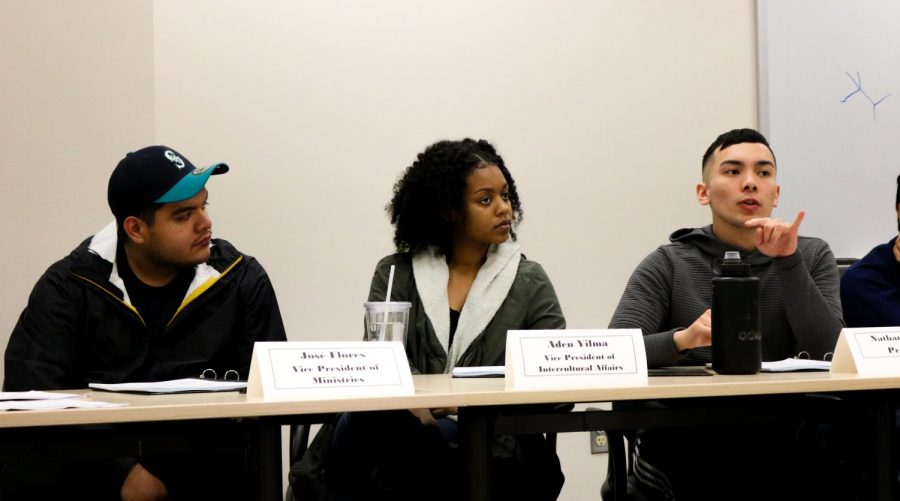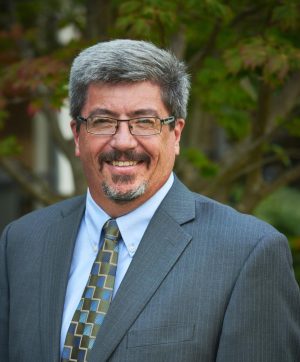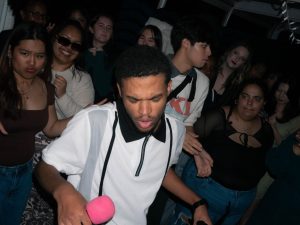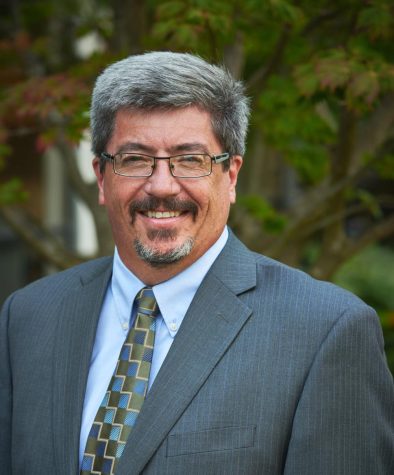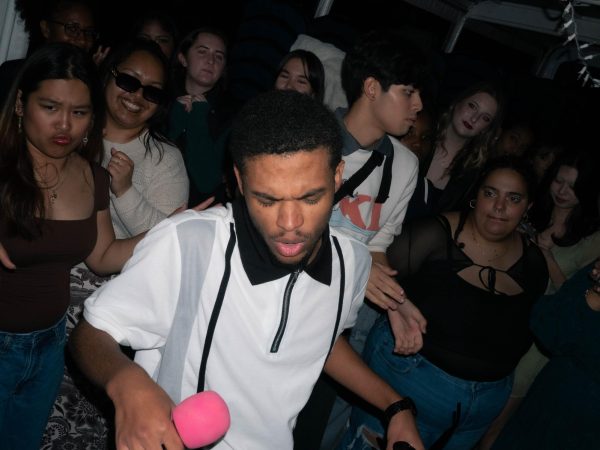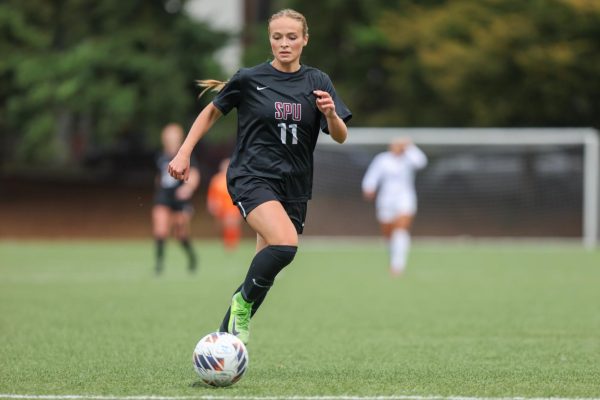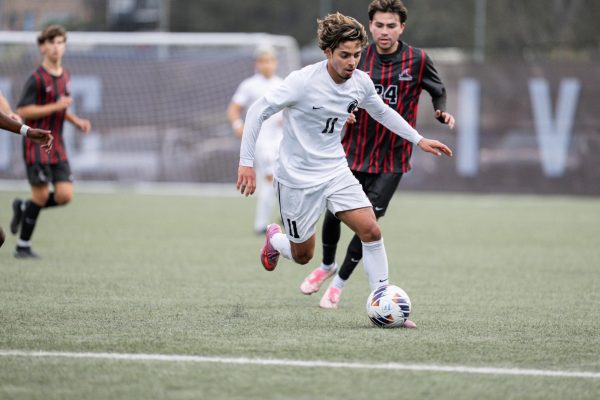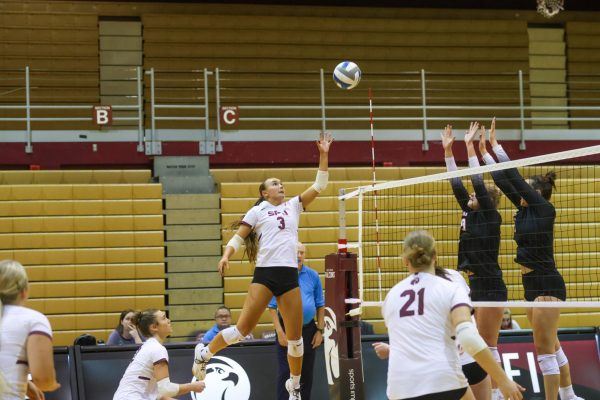ASSP pushes for structural changes
Officer core discusses the upcoming year
October 9, 2019
As Autumn quarter of the new academic year picks up speed, the newest Associated Students of Seattle Pacific (ASSP) Core is making more than enough plans to fill the year.
“I’m just really excited to get out there and really see what we can change for the better,” Executive Vice President, Nate Canny, said animatedly.
ASSP Core, six elected students who each lead a division of ASSP and its responsibilities, is the driving force behind ASSP’s movements throughout the year. The six positions are president, executive vice president, vice president of ministries, vice president of finance, vice president of intercultural affairs, and vice president of campus activities. They are held this year by Nathan Samayo, Canny, Jose Flores, Liam Smith, Aden Yilma and Andrew Josselyn, respectively.
When asked in individual interviews about what could be expected in the coming year, all six members were more than willing to weigh in. They each had lists of ideas, plans in the works and goals to achieve, all circling back to one focus: benefitting the experience of students.
ASSP president, Samyo, explained that he will be placing importance on continuing to work towards officially revising SPU’s Human Sexuality Statement this year, a goal which he also helped champion last year.
Samayo also hopes to expand Homelessness Engagement Week to encourage conversation about homelessness and food insecurity
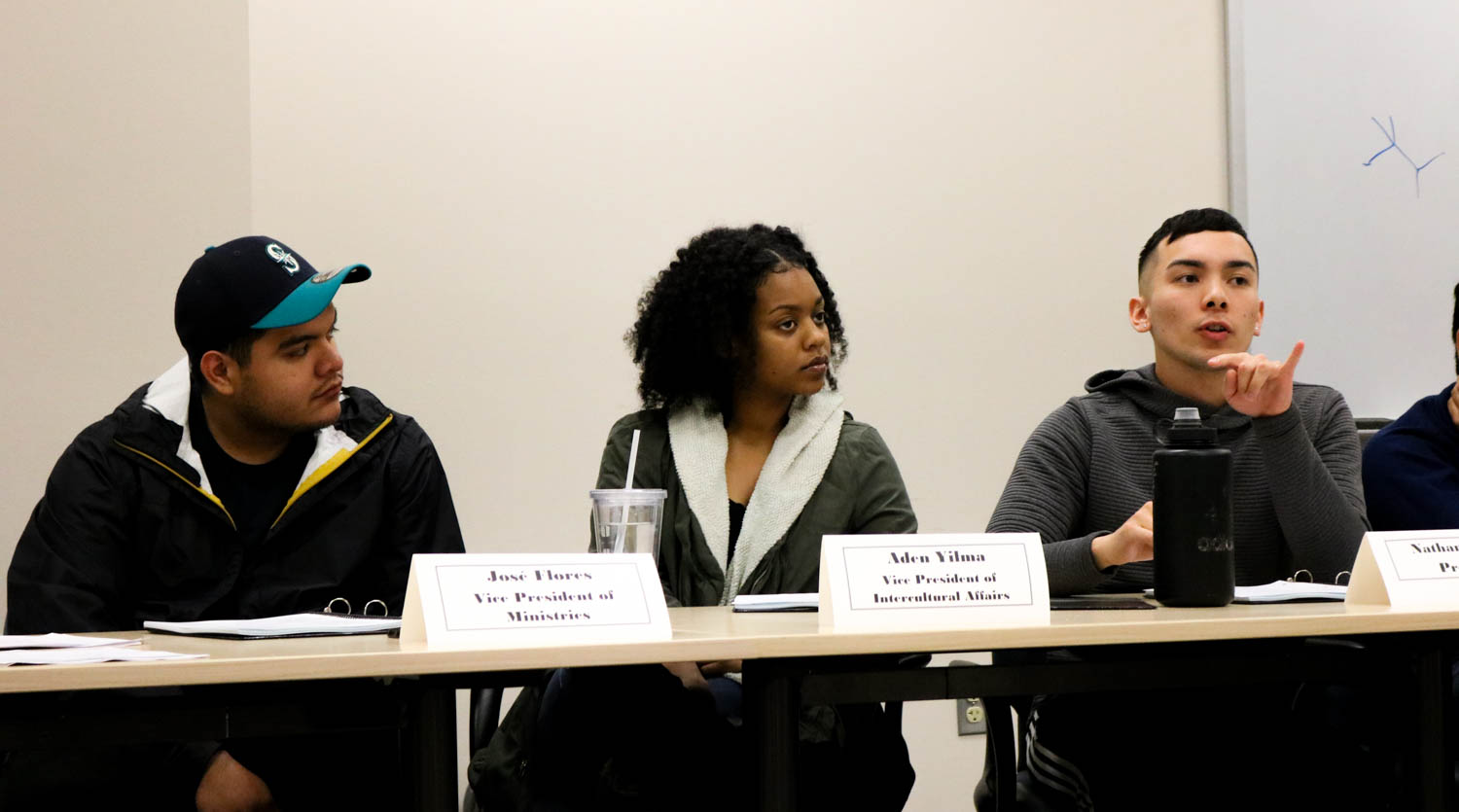
President Nathan Samayo interjecting during a debate on an amendment.
ASSP also has significant influence over budgets and finance, and on that front, there are many new plans in the works. Smith, VP of finance, said one of the major goals in his office is to reduce the student ASSP fee by between 5 and 10 percent.
“Across the board, cut for all students of the price that they pay to ASSP for it to exist,” Smith explained. “We want to put more money into students’ pockets, we want to be the only body on campus that is actually cutting tuition…”
Smith says he knows that the ASSP budget can take it, knowing their contingency fund of “over 100 grand” will serve to aid in any emergency costs. However, these savings do also come with ramifications, which Smith recognizes. When there are budget increases in one area, there must be corresponding cuts to another.
In this case, Smith said, the student budget committee will be considering “some budget cuts between a lot of clubs that don’t usually spend money, as well as budget cuts to media groups.”
In addition to SPU-specific financial changes, ASSP Core reports that they are taking into account global issues such as climate change, and are looking into ways they can guide our campus to respond.
“We definitely want to take a more wise view as to how this campus is treating the current climate crisis, and what exactly we can do,” said Flores, VP of ministries. “… how can we be stewards of what we have and being wiser in how we’re using our resources?”
Flores also touched on the events that ASSP hopes might further engage commuter students this year.
“There’s a lot of things on campus that can be used for spiritual formation for students who live on campus, but I want to see what that looks like for people who are off-campus and commuter students.”
He is also pairing with other ASSP Core Officers, like VP of campus activities Josselyn, to combine the reach of their offices. They are considering trying to include a ministry aspect in STUB’s First Friday events.
Samayo also emphasized the focus on optimizing study spaces to be more useful to students, saying that ASSP aims to create a 24 hour study space on campus this year if possible.
Yilma is also looking to include as much of the campus as possible in her work as VP of intercultural affairs. Last year, ASSP did not have a student in the VPIA role, and Yilma says she is excited to work alongside Catalyst to see what she can accomplish for campus this year as VPIA.
Her plans include “partnering with other institutions to create multicultural events,” as well as creating “campus wide cultural events geared towards empowering diversity and differences within cultures,” such as intercultural retreat, which is already in the works.
Samayo summarized that he, along with all of ASSP, have their sights set on making lasting change on SPU’s campus.
“The purpose of ASSP is to really leave a structural difference so that their legacy lasts longer than just their term. So, hopefully, structural change is what’s going to happen this year” said Samayo.

